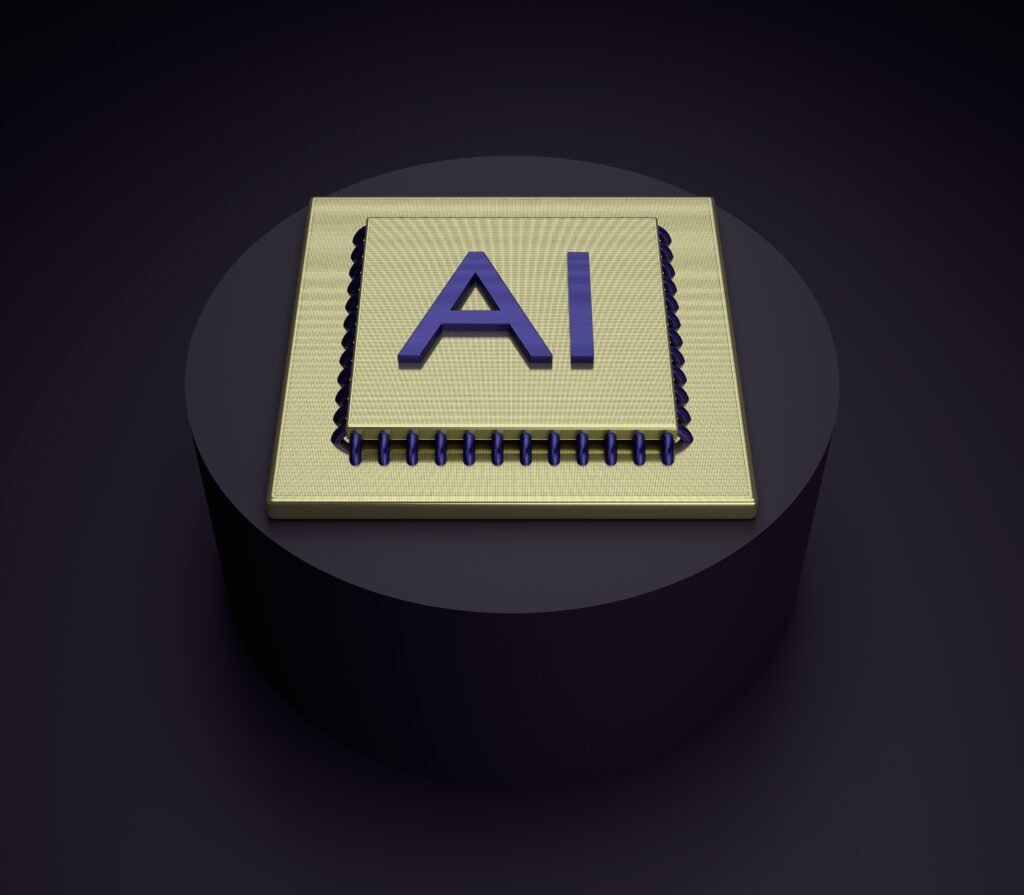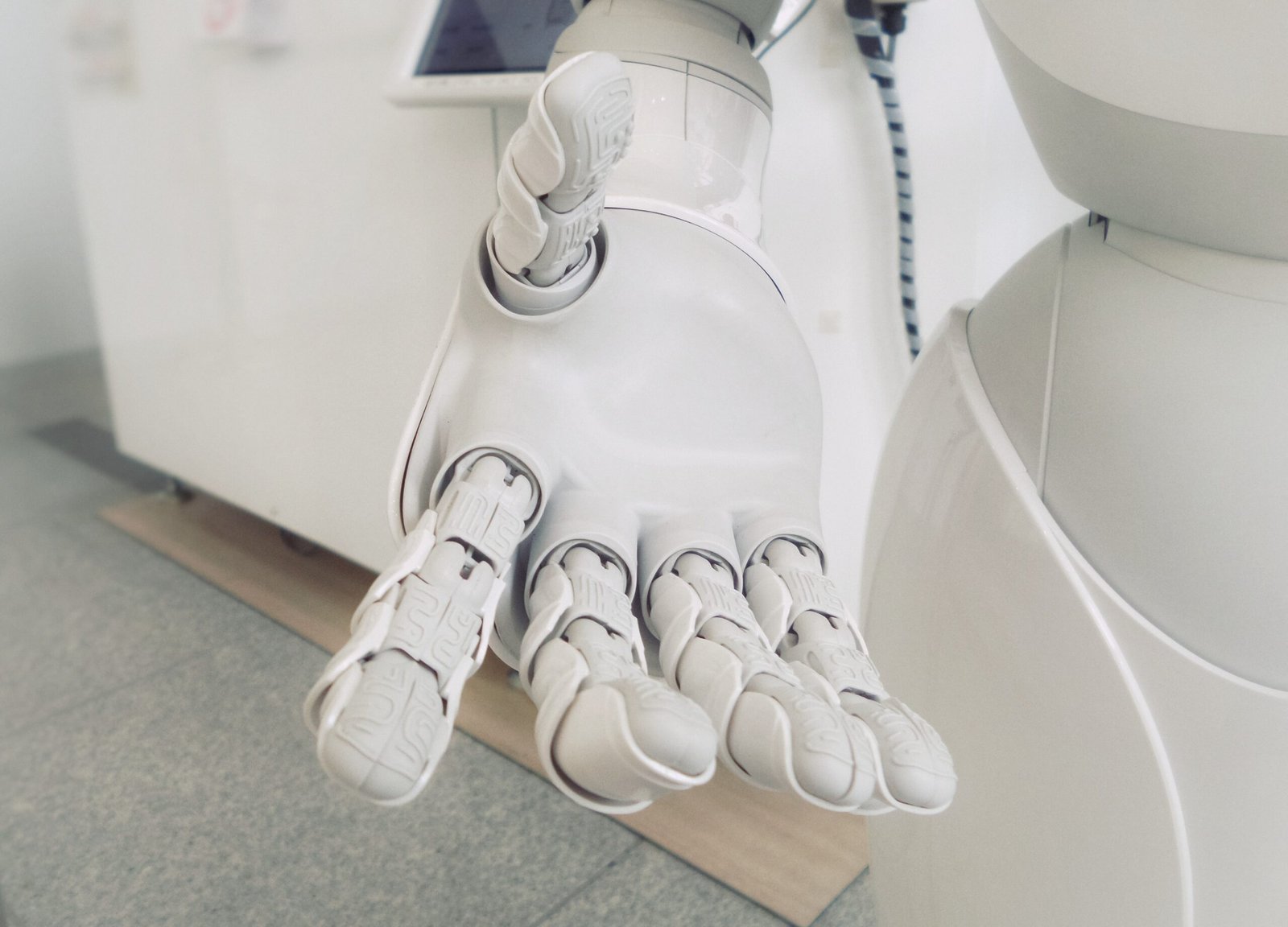Have you ever wondered what exactly is artificial intelligence and how it is shaping our world? It’s a fascinating and ever-evolving field that has become an integral part of our daily lives. From voice assistants like Siri to self-driving cars, artificial intelligence is revolutionizing industries and changing the way we interact with technology. In this article, we will explore what artificial intelligence is and how it is being used to enhance various aspects of our lives. So, buckle up and get ready for an exciting journey into the world of AI!
What Is Artificial Intelligence?
Artificial Intelligence (AI) refers to the simulation of human intelligence in machines that are programmed to think and learn like humans. It is the branch of computer science that aims to create intelligent machines capable of performing tasks that would typically require human intelligence. AI has the potential to revolutionize various industries and enable the development of innovative solutions to complex problems.

Definition of Artificial Intelligence
Artificial Intelligence can be defined as the ability of a machine to mimic cognitive functions typically associated with human intelligence, such as learning, problem-solving, reasoning, perception, language understanding, and decision-making. AI systems utilize algorithms and extensive data to analyze, interpret, and respond to information, enabling them to perform tasks in a way that simulates human intelligence.
History of Artificial Intelligence
The concept of Artificial Intelligence has been around for several decades, with its roots dating back to the 1950s. The term “Artificial Intelligence” was first coined by John McCarthy, an American computer scientist, in 1956. Since then, significant advancements have been made in the field.
Early AI systems focused on rule-based programming, where explicit instructions were provided to the machines. However, as technology progressed, researchers started exploring new methods and algorithms to enhance AI capabilities. The development of neural networks and machine learning algorithms in the 1980s and 1990s opened doors to more sophisticated AI technologies.
Types of Artificial Intelligence
Artificial Intelligence can be categorized into three main types, each with unique characteristics and capabilities: Narrow AI, General AI, and Superintelligent AI.
Narrow AI
Narrow AI, also known as weak AI, refers to AI systems that are designed to perform specific tasks within a limited domain. These systems excel in a particular area and are trained to complete tasks more efficiently than humans. Examples of Narrow AI include voice assistants like Siri or Alexa, spam filters, and recommendation systems.
General AI
General AI, also referred to as strong AI, is an AI system that possesses the ability to understand, learn, and perform any intellectual task that a human being can do. General AI aims to replicate human-level intelligence and cognition. This type of AI is still largely theoretical and poses significant challenges in terms of development and ethical considerations.
Superintelligent AI
Superintelligent AI refers to AI systems that surpass human intelligence in almost every aspect. Unlike Narrow AI and General AI, Superintelligent AI is hypothetical and represents an AI system that exceeds human capabilities to an extreme degree. This type of AI raises profound questions and concerns regarding the potential risks and impact it may have on society.
Applications of Artificial Intelligence
Artificial Intelligence has found its way into various industries and has already made a substantial impact. Some of the prominent applications of AI include:
Machine Learning
Machine Learning is a subfield of AI that focuses on enabling machines to learn from experience and improve their performance without explicit programming. It involves the development of algorithms that can analyze and interpret data to identify patterns and make predictions. Machine Learning has proven to be highly beneficial in areas such as predictive analytics, fraud detection, recommendation systems, and autonomous vehicles.
Natural Language Processing
Natural Language Processing (NLP) is a branch of AI that deals with the interaction between computers and human language. NLP algorithms enable computers to understand, interpret, and respond to human language in a way that mimics human communication. NLP has applications in chatbots, voice recognition systems, language translation, and sentiment analysis.
Computer Vision
Computer Vision involves the development of AI systems that can understand and interpret visual information from images or videos. The goal is to enable machines to perceive and understand the visual world like humans. Computer Vision has applications in facial recognition, object detection, autonomous vehicles, robotics, and medical diagnostics.
AI in Healthcare
Artificial Intelligence has immense potential to revolutionize the healthcare industry. AI-powered systems can analyze vast amounts of medical data, predict disease outbreaks, assist in diagnosis, optimize treatment plans, and automate administrative tasks. AI has the ability to enhance patient care, improve efficiency, and enable personalized medicine, leading to better healthcare outcomes.

Ethical Considerations in Artificial Intelligence
As AI continues to advance, it raises ethical considerations that need to be addressed. The potential risks associated with AI systems, such as biased decision-making, job displacement, privacy concerns, and the misuse of AI technology, must be carefully examined. Governments, organizations, and researchers are actively working on establishing ethical frameworks and regulations to ensure responsible and ethical AI development and deployment.
In conclusion, Artificial Intelligence is a rapidly evolving field with the potential to revolutionize numerous industries. From Narrow AI performing specific tasks to the theoretical possibilities of General and Superintelligent AI, the applications of AI are vast and varied. As AI continues to progress, it is crucial to address the ethical considerations and ensure responsible deployment to harness its full potential for the betterment of humanity.



